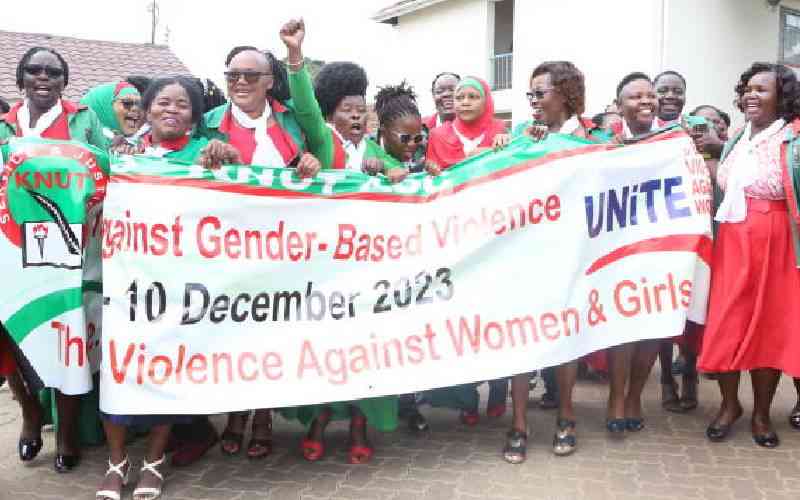
This year, the annual campaign dubbed 16 Days of Activism Against Gender-Based Violence holds special significance to our country as it aligns with the 75th anniversary of the United Nations Declaration on Human Rights, a milestone that prompts reflection on the strides made and the challenges that persist.
The 16 Days of Activism, initiated on November 25 and set to conclude on December 10, during the commemoration of International Human Rights Day, is a period of heightened awareness, advocacy and collective action against this pervasive subject.